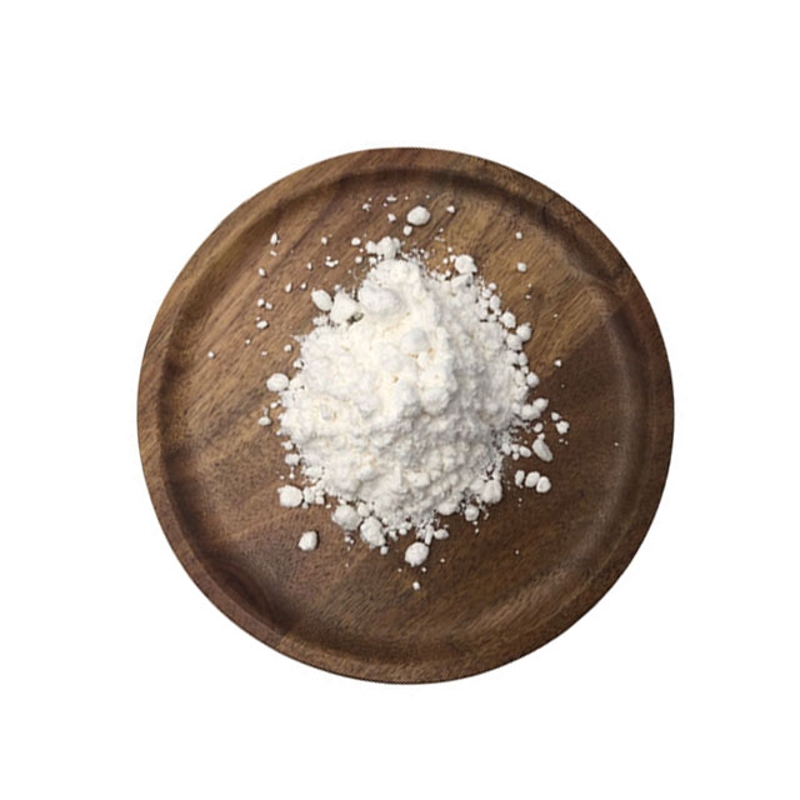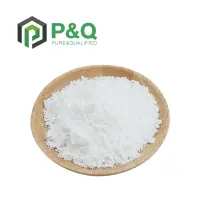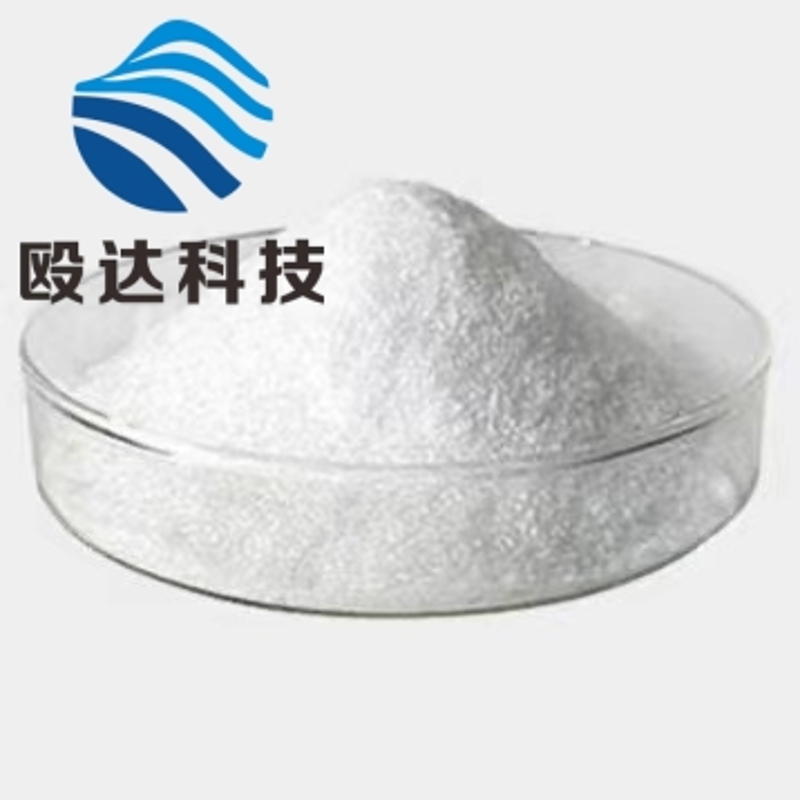-
Categories
-
Pharmaceutical Intermediates
-
Active Pharmaceutical Ingredients
-
Food Additives
- Industrial Coatings
- Agrochemicals
- Dyes and Pigments
- Surfactant
- Flavors and Fragrances
- Chemical Reagents
- Catalyst and Auxiliary
- Natural Products
- Inorganic Chemistry
-
Organic Chemistry
-
Biochemical Engineering
- Analytical Chemistry
- Cosmetic Ingredient
-
Pharmaceutical Intermediates
Promotion
ECHEMI Mall
Wholesale
Weekly Price
Exhibition
News
-
Trade Service
Fried food has always been loved by people because of its fragrant and delicious taste
.
.
Recently, media reported that 58-year-old Ms.
Chen from Wuhan, Hubei Province had 468 stones removed from her gallbladder because she usually likes to eat fried foods
.
This makes many people who like to eat fried food worry
.
Does eating fried foods really cause gallstones? Can I eat it with confidence?
Chen from Wuhan, Hubei Province had 468 stones removed from her gallbladder because she usually likes to eat fried foods
.
This makes many people who like to eat fried food worry
.
Does eating fried foods really cause gallstones? Can I eat it with confidence?
She has 468 stones in her gallbladder.
Fried food is the culprit?
Fried food is the culprit?
What are gallstones?
Gallstones (gallstones) refer to diseases caused by stones in the gallbladder or bile ducts, and are a common disease
.
The prevalence of chronic cholecystitis and gallstones in China is 16.
09%
.
Data from the United States shows that there are about 10%-15% of gallstone patients in the United States, affecting more than 25 million people
.
.
The prevalence of chronic cholecystitis and gallstones in China is 16.
09%
.
Data from the United States shows that there are about 10%-15% of gallstone patients in the United States, affecting more than 25 million people
.
What are the classifications of gallbladder stones?
According to the chemical composition of the stones, the gallbladder stones can be divided into cholesterol stones, bile pigment stones and mixed stones
.
.
According to different places where the stones occur, they are divided into gallbladder stones, intrahepatic bile duct stones, and common bile duct stones
.
Most patients with gallbladder stones are mixed stones mainly composed of cholesterol stones, while the bile ducts are mainly bile pigment stones
.
.
Most patients with gallbladder stones are mixed stones mainly composed of cholesterol stones, while the bile ducts are mainly bile pigment stones
.
Why do I get gallbladder stones?
The cause of gallbladder stones is very complicated, and so far people have not found the exact cause of it
.
The causes of bile duct stones are related to bacterial infections, parasitic infections and bile retention of the biliary tract
.
.
The causes of bile duct stones are related to bacterial infections, parasitic infections and bile retention of the biliary tract
.
In addition, the mucin, acid mucopolysaccharide, immunoglobulin and other macromolecular substances in the bile can also affect the formation of stones
.
.
The National Institutes of Health NIH believes that from the current research, the main risk factors leading to gallbladder stones are:
1.
Genes
.
The occurrence of cholesterol stones has a certain genetic predisposition, and the incidence is very high in people of specific races, such as some Indians in North America, indigenous peoples in Chile and some people in Western countries
.
In addition, if there is a family history and someone in the family has had gallbladder stones, the risk of their offspring getting gallbladder stones will be much higher
.
Genes
.
The occurrence of cholesterol stones has a certain genetic predisposition, and the incidence is very high in people of specific races, such as some Indians in North America, indigenous peoples in Chile and some people in Western countries
.
In addition, if there is a family history and someone in the family has had gallbladder stones, the risk of their offspring getting gallbladder stones will be much higher
.
2.
Age
.
Current epidemiological investigations show that the older the age, the greater the risk of gallbladder stones
.
Age
.
Current epidemiological investigations show that the older the age, the greater the risk of gallbladder stones
.
3.
Body weight
.
Excessive weight or rapid weight loss can increase the risk of gallbladder stones
.
Body weight
.
Excessive weight or rapid weight loss can increase the risk of gallbladder stones
.
4.
Diet
.
Studies have found that regular consumption of high-energy foods, especially high-carbohydrate and dietary fiber diet patterns, can also increase the risk of gallbladder stones
.
Diet
.
Studies have found that regular consumption of high-energy foods, especially high-carbohydrate and dietary fiber diet patterns, can also increase the risk of gallbladder stones
.
Gallstone
Who are more likely to get gallstones?
1.
Female
.
Women are more likely to get gallbladder stones than men
.
Female
.
Women are more likely to get gallbladder stones than men
.
2.
The elderly
.
The older you are, the greater your risk of getting gallstones
.
The elderly
.
The older you are, the greater your risk of getting gallstones
.
3.
People who lose weight
.
Some people want to lose weight, and lose weight very much at once, and they are prone to gallbladder stones
.
People who lose weight
.
Some people want to lose weight, and lose weight very much at once, and they are prone to gallbladder stones
.
4.
Obese people
.
These people are overweight and have a high risk of gallstones
.
Obese people
.
These people are overweight and have a high risk of gallstones
.
Will eating fried food cause gallstones?
According to media reports, the lady in the news was eating fried foods, which resulted in more than 400 stones in the gallbladder
.
In fact, this kind of inference is a bit too arbitrary
.
.
In fact, this kind of inference is a bit too arbitrary
.
Fried foods are not low in energy, and eating more will indeed increase the risk of gallstones
.
But this is not to say that you will get gallstones if you eat fried foods
.
.
But this is not to say that you will get gallstones if you eat fried foods
.
In fact, the news said that in this case, she was a 58-year-old woman who was originally a high-risk group of gallbladder stones
.
Moreover, this news did not explain the patient's other conditions, such as whether he had other bad eating habits, whether the family had a history of gallbladder stones, etc.
It is impossible to conclude that eating fried foods caused gallstones based on this information
.
.
Moreover, this news did not explain the patient's other conditions, such as whether he had other bad eating habits, whether the family had a history of gallbladder stones, etc.
It is impossible to conclude that eating fried foods caused gallstones based on this information
.
Therefore, it is too arbitrary to say that gallstones are caused by eating fried foods
.
You can still eat fried foods .
.
You can still eat fried foods .
Of course, fried foods are often high in energy, and eating more is not a healthy choice.
It is recommended to eat as little as possible and not too much
.
It is recommended to eat as little as possible and not too much
.
How to eat to prevent gallbladder stones from occurring?
The National Institutes of Health recommends:
1.
diet diversification, in particular, to eat foods rich in dietary fiber, such as fruits and vegetables, legumes, whole grains, cereals and so on
.
diet diversification, in particular, to eat foods rich in dietary fiber, such as fruits and vegetables, legumes, whole grains, cereals and so on
.
2.
Eat less refined grains and less sugar, especially added sugar
.
Eat less refined grains and less sugar, especially added sugar
.
3.
Eat healthy edible oil, peanut oil, soybean oil, corn oil and other fats, it is best to eat it instead
.
Eat healthy edible oil, peanut oil, soybean oil, corn oil and other fats, it is best to eat it instead
.
4.
Avoid unhealthy fats, such as saturated fats and trans fats
.
Avoid unhealthy fats, such as saturated fats and trans fats
.
Reference materials:
[1] Bie Ping, Fan Yudong.
Research progress on the pathogenesis of gallbladder stones[J].
Chinese Journal of Basic and Clinical Medicine, 2003, (5): 439-441.
Research progress on the pathogenesis of gallbladder stones[J].
Chinese Journal of Basic and Clinical Medicine, 2003, (5): 439-441.
[2] Wen Xiachu, Liu Xiaofu, Liu Liang.
Research progress on the causes of gallbladder stones[J].
Journal of Regional Anatomy and Surgery, 2009, (1): 56-57.
Research progress on the causes of gallbladder stones[J].
Journal of Regional Anatomy and Surgery, 2009, (1): 56-57.
[3] Consensus opinion on medical diagnosis and treatment of chronic cholecystitis and gallbladder stones in China (2014)
[4]Njeze GE.
Gallstones.
Niger J Surg.
2013 Jul;19(2):49-55.
Gallstones.
Niger J Surg.
2013 Jul;19(2):49-55.
Gallstone weight loss







